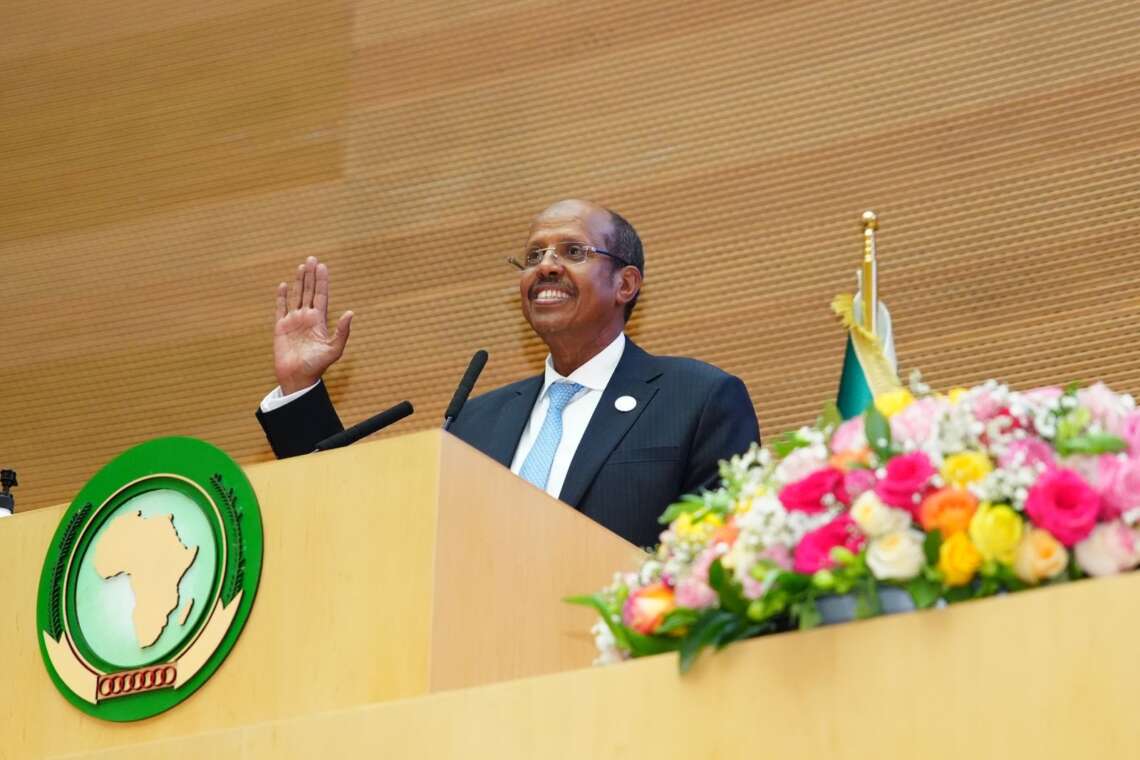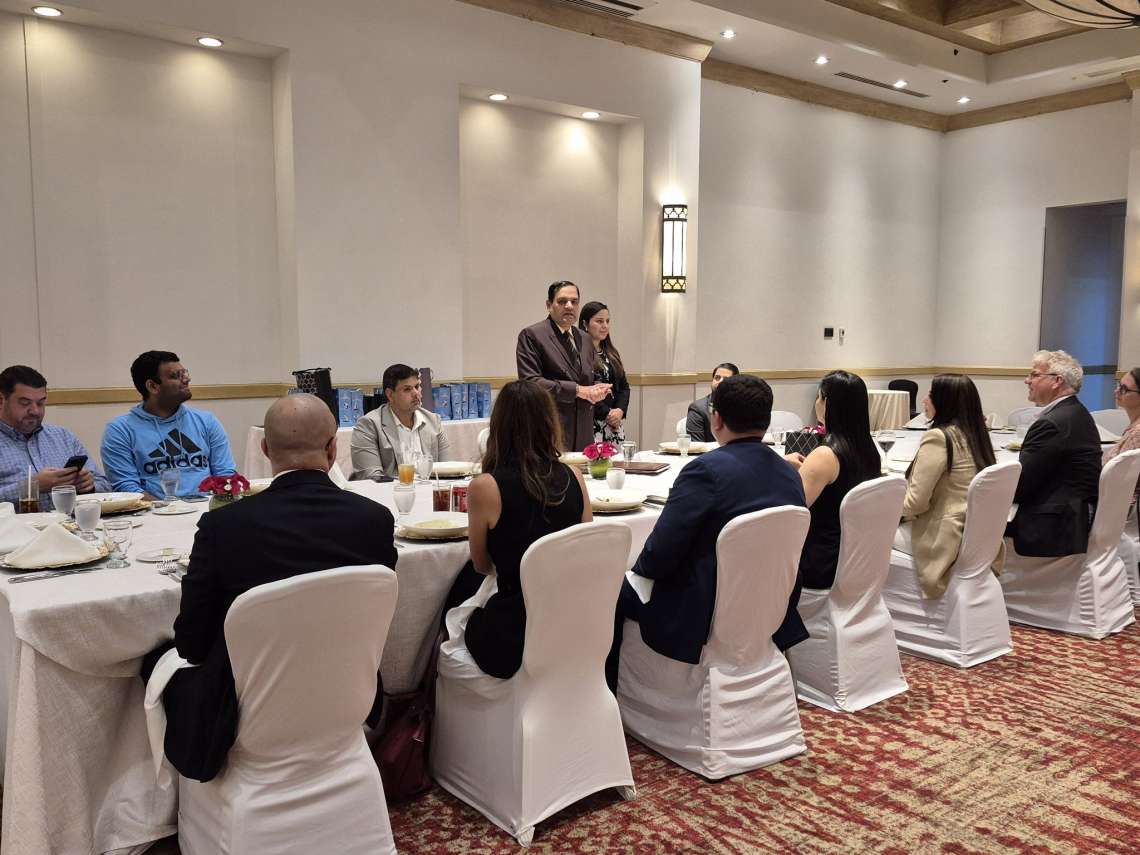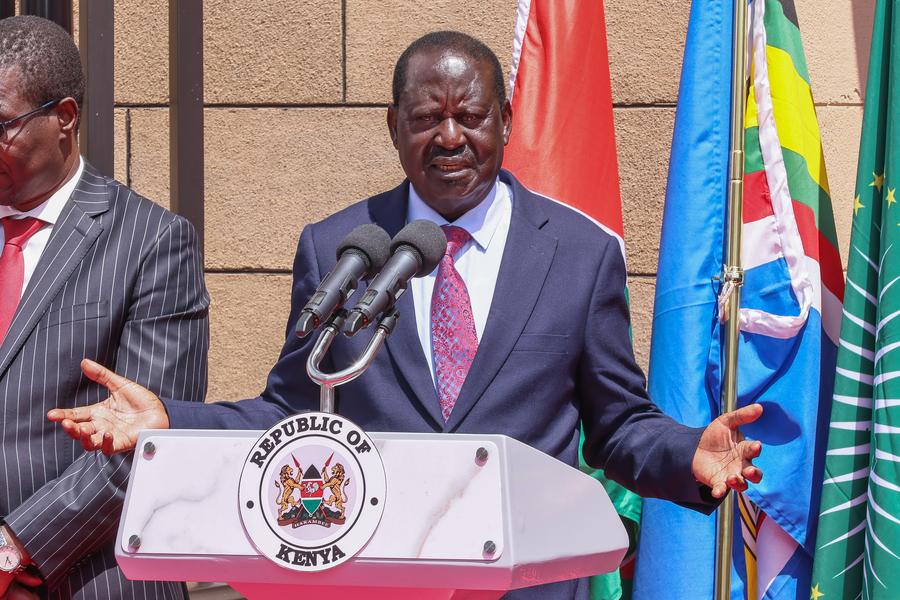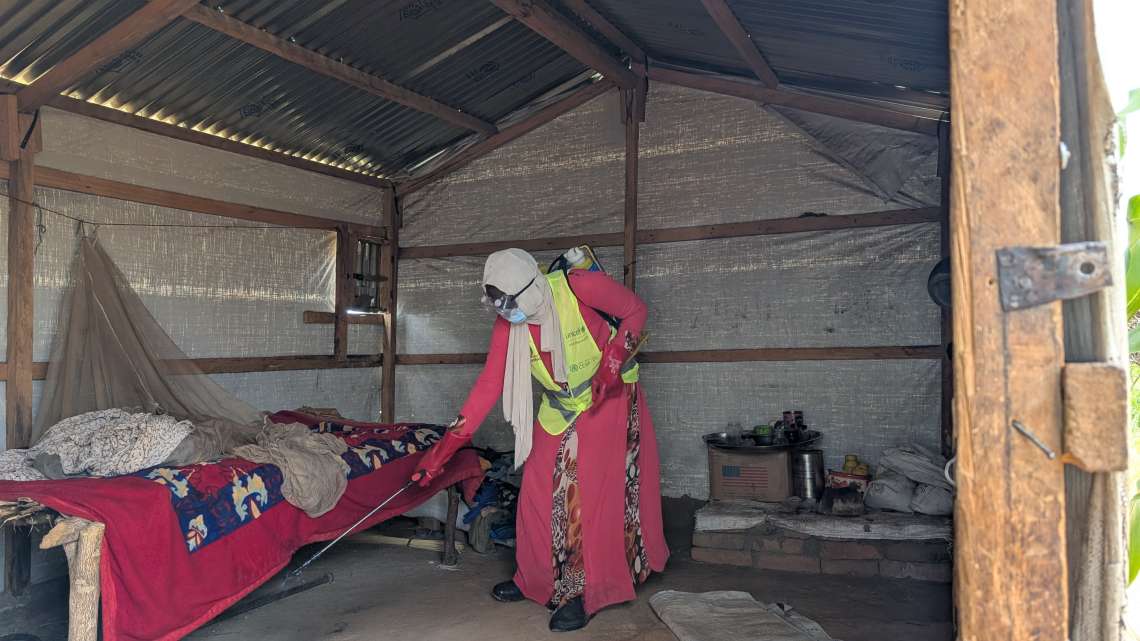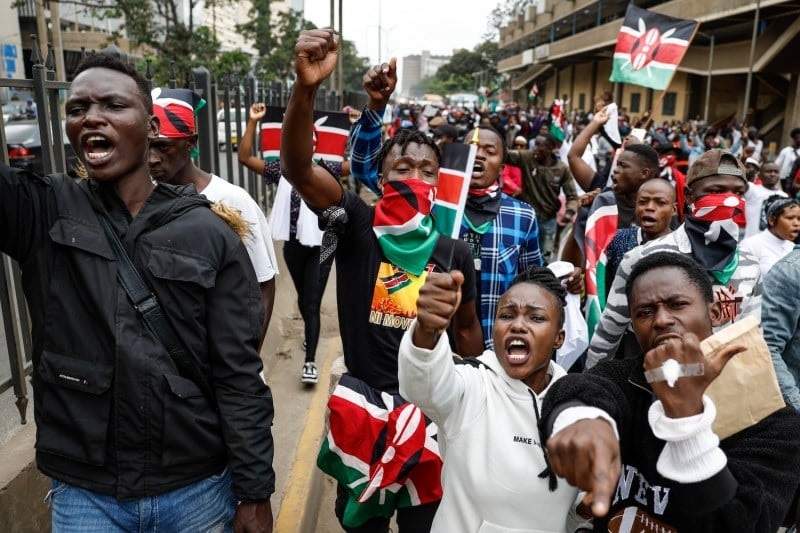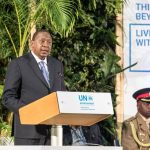Djibouti’s long-serving Foreign Minister, Mahmoud Ali Youssouf, secured victory in a closely contested election during the annual AU summit in Addis Ababa, Ethiopia
The African Union (AU) has elected a new chief to lead its executive branch as the continent grapples with ongoing conflicts in two of its largest countries. Djibouti’s long-serving Foreign Minister, Mahmoud Ali Youssouf, secured victory in a closely contested election during the annual AU summit in Addis Ababa, Ethiopia.
Youssouf, who turned 60 just a week before the election, was chosen as the new chair of the African Union Commission (AUC) through a secret ballot. He triumphed over Kenya’s former Prime Minister, Raila Odinga, and Madagascar’s former Foreign Minister, Richard Randriamandrato. The election process was drawn out, requiring several rounds before Youssouf finally emerged as the winner.
In the first two rounds of voting, Odinga led the tally, but Youssouf closed the gap and took the lead in subsequent rounds. By the seventh round, Youssouf had secured 33 votes—the required majority—making him the undisputed candidate for the position. His victory marks the end of Chad’s Moussa Faki Mahamat’s tenure, who served as AUC chair for two terms.
A Veteran Diplomat Takes Charge
Youssouf, who has served as Djibouti’s Foreign Minister since 2005, is the longest-tenured foreign minister in Africa. His extensive diplomatic experience and deep knowledge of African affairs played a significant role in garnering support from AU member states.
Addressing delegates after his election, Youssouf reiterated his commitment to strengthening the AU and tackling the pressing challenges facing the continent. “Africa is at a crossroads, and the decisions we make today will shape our future. I am committed to fostering peace, stability, and development,” he stated.
The AU summit saw participation from 49 out of the 55 member states, with six nations currently suspended due to political instability or unconstitutional changes in government. An Ethiopian Foreign Ministry official, speaking on condition of anonymity, confirmed that 29 presidents, three vice presidents, four prime ministers, and a king attended the high-profile gathering.
Conflicts in DRC and Sudan Dominate Discussions
Youssouf assumes leadership at a time when Africa is dealing with multiple crises, particularly in the Democratic Republic of the Congo (DRC) and Sudan. His ability to navigate these conflicts will be a key test of his leadership.
In the DRC, tensions have escalated with the M23 rebel group making territorial advances. The rebels recently seized control of Goma, a major city in the country’s east, and have now moved closer to Bukavu, the second-largest city in the region. The Congolese government has accused neighboring Rwanda of backing the M23 rebels, an allegation Rwanda denies.
AU leaders at the summit issued a collective call for an immediate and unconditional ceasefire in the DRC. They also urged for the reopening of key supply routes and Goma airport to facilitate humanitarian efforts. “We cannot stand by as conflict continues to devastate innocent lives. The AU must take decisive steps to mediate and bring an end to the violence,” one delegate remarked.
Meanwhile, Sudan remains another hotspot of concern. The country has been in turmoil since violence erupted between the Sudanese Armed Forces (SAF) and the Rapid Support Forces (RSF) in April last year. The conflict has led to one of the worst humanitarian crises on the continent.
United Nations Secretary-General Antonio Guterres, who attended the summit, made an urgent appeal for an end to the violence in Sudan. He called on both sides to respect international humanitarian law and protect civilians, including humanitarian workers who are risking their lives to provide aid. Guterres also emphasized the need for global support, appealing for $6 billion in aid to help the 26 million Sudanese in urgent need of assistance.
A Vision for Reform and Progress
In a previous interview, Youssouf expressed his strong commitment to conflict resolution. “Silencing the guns—preventing conflicts and resolving existing wars—is a top priority for me,” he had said. As he steps into office, he is expected to push for AU-led peace initiatives and diplomatic engagements across the continent.
Beyond security concerns, Youssouf has also pledged to implement key reforms within the AU Commission. He aims to ensure that the organization recruits highly skilled professionals based on merit, competence, and excellence. “If we have a strong and capable staff, it will be much easier to implement reforms and drive the AU’s agenda forward,” he noted.
Observers believe that Youssouf’s leadership style will play a crucial role in addressing long-standing criticisms of the AU, including inefficiencies in decision-making and bureaucratic delays. His election signals a potential shift toward more results-driven governance within the AU Commission.
Angola Takes Over AU Chairmanship
While Youssouf will lead the AU Commission, the rotating chairmanship of the AU has been handed over to Angola. President João Manuel Gonçalves Lourenço of Angola replaced Mauritania’s President Mohamed Ould Cheikh Ghazouani in the ceremonial role. The AU chairpersonship primarily focuses on setting the political agenda for the continental body and coordinating with member states on pressing issues.
In his opening remarks, President Lourenço underscored the importance of African unity and cooperation in overcoming the continent’s challenges. “Our strength lies in our unity. We must work together to achieve peace, security, and economic prosperity,” he said.
Looking Ahead
As Youssouf prepares to take over the AU Commission, he faces an uphill task in addressing Africa’s numerous challenges. The ongoing conflicts in the DRC and Sudan, coupled with economic instability in several nations, will require decisive leadership and strategic diplomacy.
His experience as Djibouti’s top diplomat for nearly two decades provides him with the expertise needed to navigate complex international relations. However, his success will largely depend on his ability to rally AU member states around a shared vision for peace and development.
The coming months will be critical as the new AU leadership works to implement its agenda and deliver on its promises. The continent’s eyes will be on Youssouf to see if he can turn his vision for a stable and prosperous Africa into reality.
ALSO READ: African leaders urge talks to resolve DR Congo conflict


